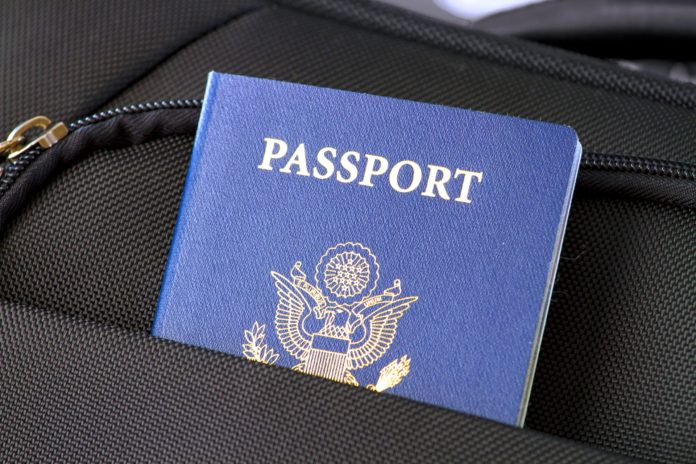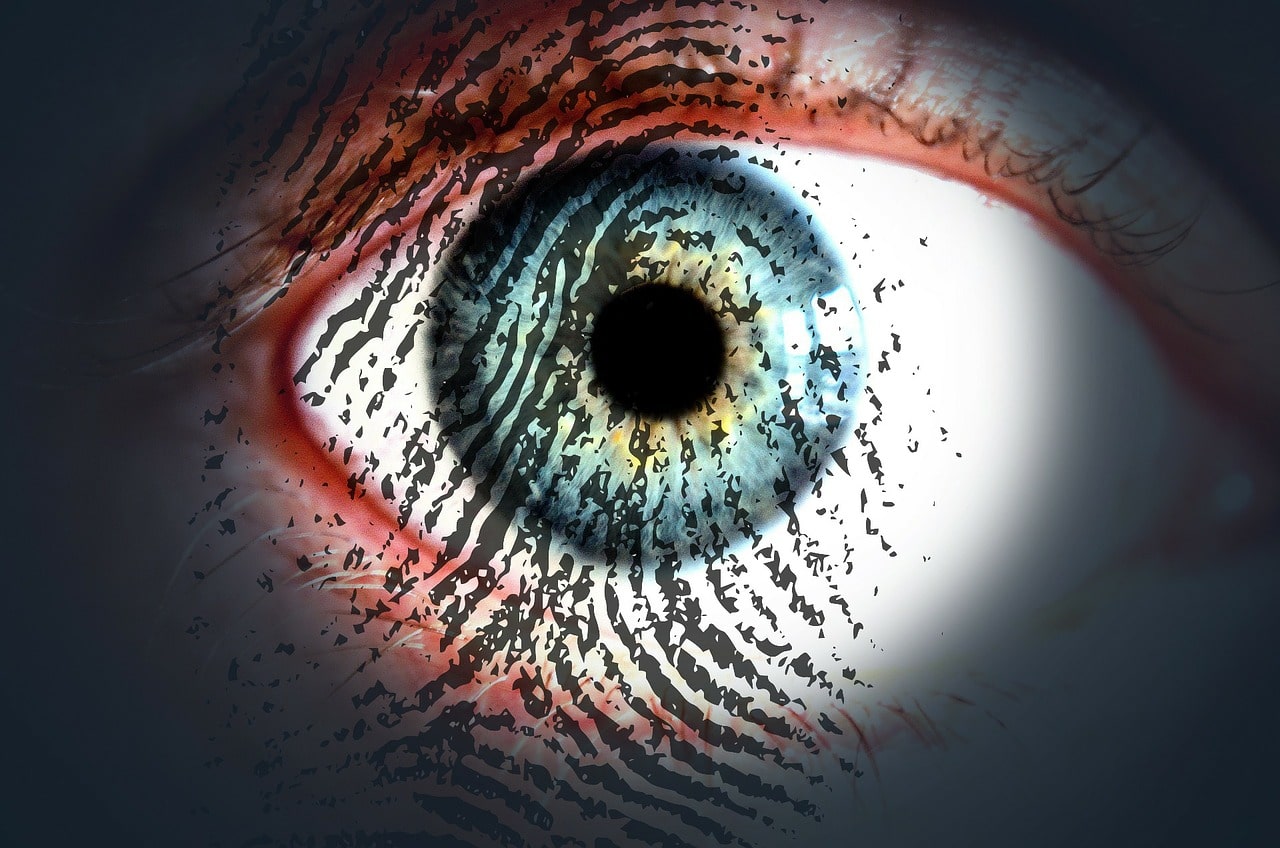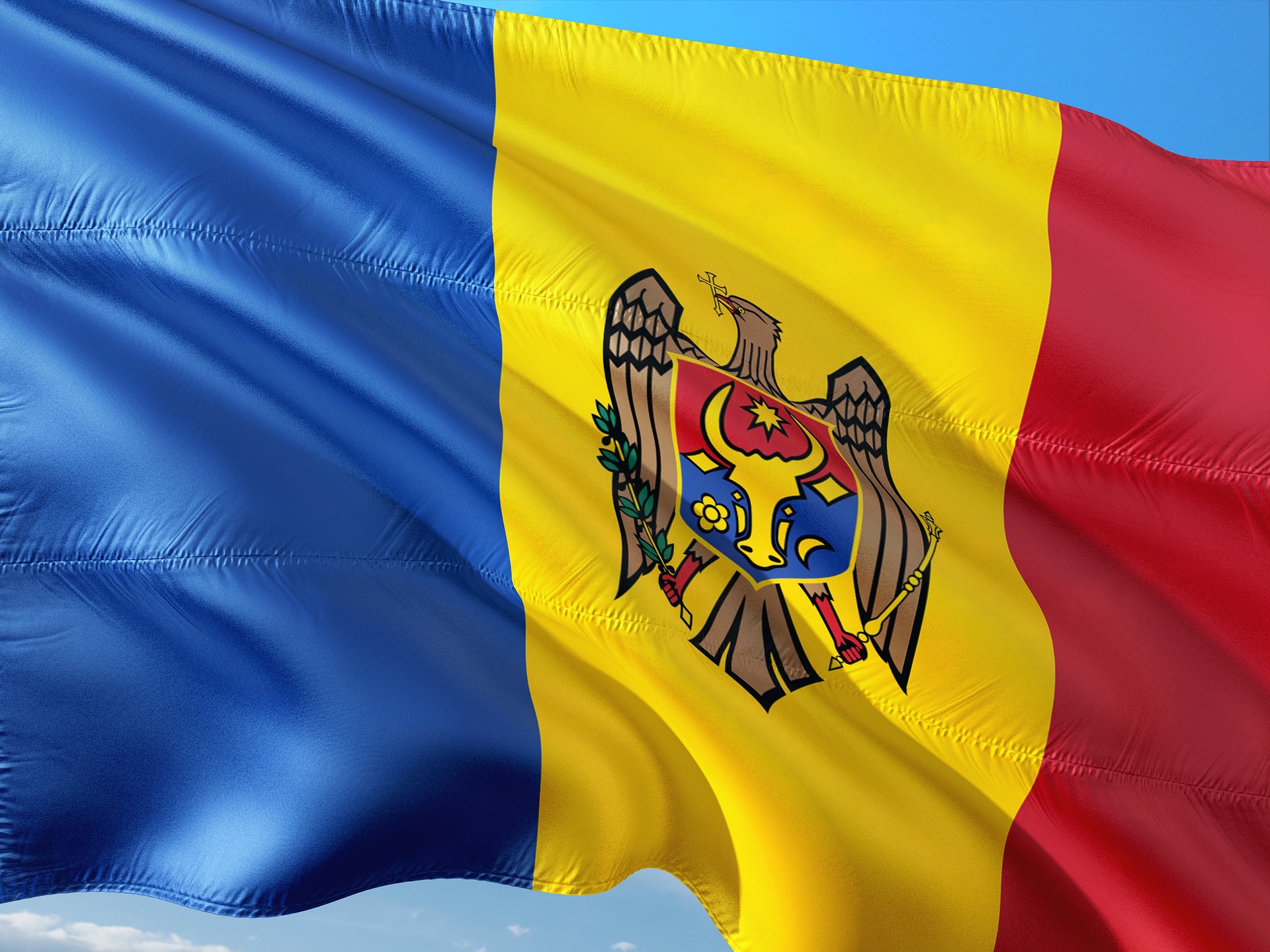
The number of displaced people in the world is at an all-time high. According to the UN Refugee Agency, there are more than 25 million refugees in the world. In addition to this, nearly 45 thousand people are forced to flee their homes each day. Now, aid agencies and governments are looking to blockchain to enable humanitarian projects that give identity and aid assistance to refugees.
Humanitarian Projects for Digital Identity
Identity is one of the most fundamental issues faced by refugees. Not just for the individuals, but also for the governments struggling to manage refugee populations. Indeed, identity management itself is a broader societal problem.
There are more than a billion people worldwide, many in developing countries, who are “unregistered” and have no identity documentation. This group includes the global refugee population.
Without a formal identity, individuals cannot access banking or financial systems, get an address, access education or healthcare, or register with any government institutions. In many countries, individuals need to provide an ID to get a prepaid cellphone SIM card.
Don’t ever take it for granted.
Without means of identification, refugees and asylum seekers face detention upon arrival in a country. Governments often act from a position of distrust, as people have no legal means of proving that they are who they say they are.
ID2020
The ID2020 Alliance convened to achieve the UN Sustainable Development goal of “providing legal identity to all, including birth registration, by 2030.” It comprises governments, aid organizations and private companies, including Accenture and Microsoft.
The alliance cites the emergence of the blockchain, combined with biometrics, as being the means by which it can achieve its goals.
Accenture and Microsoft combined have developed a blockchain-based identity system involving fingerprint and retina scanning. Accenture will use this system to assign a digital identity to each of its 400k+ global workforces as a proof of concept. Over the next two years, the ID2020 Alliance aims to work at onboarding governments in this solution.

Biometric scans including iris recognition and fingerprints are used to establish a digital identity.
Such a digital identity is highly valuable to a refugee arriving in a new country. It speeds up the process for governments to verify their identity. Assuming a refugee is granted asylum or leave to remain, it would mean they can access services and become productive members of society more quickly.
Finland – Pioneering Digital Identity for Asylum Seekers
If you need any further proof that this can work in reality, then Finland can provide it. For more than two years now, the Finnish government has been giving prepaid Mastercards to asylum seekers.
The cards operate on a blockchain-based identity system that works in the same way as a bank account. The system was set up by a Helsinki startup called MONI. In this way, asylum seekers have been able to integrate into Finnish society much more easily. They can receive salary payments and pay bills using their MONI account, similar to regular citizens.
Digital identities act as a launchpad for other kinds of humanitarian projects, such as aid distribution and reduction of child trafficking.
Humanitarian Projects for Aid Distribution
Charities and aid organizations around the world struggle to get funds and aid into the hands of those who need it. Of course, this problem exacerbates in crisis situations like disaster relief.
Often, funds are tied up in multi-bank transfers while the intended recipients remain impoverished. Corrupt middlemen may also siphon off funds intended for humanitarian projects.
Blockchain helps to eliminate the middlemen and allow charities and aid groups to reach out directly to those in need.
Building Blocks
Since 1962, the World Food Programme (WFP) has worked to provide food assistance in emergency situations around the globe. Although it initially distributed food packages to those in need, since 2010 it has been giving cash for purchasing food instead. In doing so, the WFP incurs losses in the form of bank fees, fraud, and corruption. The organization estimates this amounts to around 30 percent.
In 2017, they started developing a project called Building Blocks. The project aims to use the asset-tracking properties of blockchain to track the distribution of cash to individuals living in refugee camps. Since January, the project has benefitted around 100,000 people residing in Jordanian refugee camps.
Individuals in the camps can now buy their food from a local supermarket. At the checkout, a scanner takes their retina print. This print verifies their digital identity on the blockchain, which creates a record of the transaction.
Finally, the WFP settles payments directly with the local supermarket in fiat currency. The WFP estimates this will save a staggering 98 percent on bank fees. These savings are so important because they can help to feed more people.
Humanitarian Projects to Reduce Child Trafficking
Moldova is among the poorest countries in Europe. As a result, many children are undocumented, making them easy prey for trafficking. Gangs use fake papers to take children, usually girls, as young as thirteen across international borders.
Their captors subsequently sell them off as sex slaves in countries including Turkey, Russia, and the United Arab Emirates.
In late 2017, the UN launched a blockchain-based pilot initiative to combat human trafficking. After it announced the project, Moldova was one of the first governments to take an interest.

Moldova is using blockchain-based digital identities to reduce child trafficking.
Similar to ID2020, it involves providing children with a digital identity based on biometrics, eliminating the need for paperwork. By doing so, this identity allows the Moldovan authorities to conduct more robust border checks on children. Ultimately this aims to reduce incidences of trafficking, and in many cases save victims’ lives.
Blockchain for Society
Blockchain is already starting to show significant potential for improving conditions in developing countries in many other areas too. In applying the uses of blockchain beyond cryptocurrencies and finance, it’s clear that tremendous benefits across all of society could be possible.
The post Humanitarian Projects Using Blockchain for a Better World appeared first on CoinCentral.

Coincentral.com is author of this content, TheBitcoinNews.com is is not responsible for the content of external sites.
Our Social Networks: Facebook Instagram Pinterest Reddit Telegram Twitter Youtube










